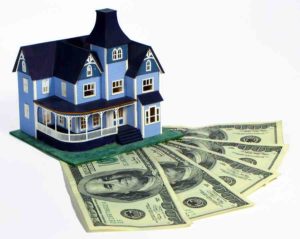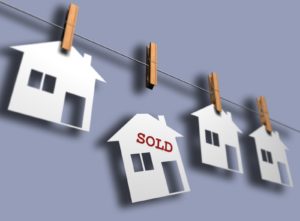Mortgage Repayments: What to do When You Can’t Pay
 Struggling to pay your mortgage can be a scary time. When taking out a mortgage, every person is told that failure to make repayments could result in repossession of the property. For many people with families, this is a terrifying thought. In fact, it’s so terrifying that many people bury their heads in the sand and try to ignore the problem instead of addressing it. However, addressing the problem before it gets out of control is the best way of handling it. So, what do you do if you’re worried about making your mortgage repayments on time?
Struggling to pay your mortgage can be a scary time. When taking out a mortgage, every person is told that failure to make repayments could result in repossession of the property. For many people with families, this is a terrifying thought. In fact, it’s so terrifying that many people bury their heads in the sand and try to ignore the problem instead of addressing it. However, addressing the problem before it gets out of control is the best way of handling it. So, what do you do if you’re worried about making your mortgage repayments on time?
Talk to Your Mortgage Provider
There are lots of consequences to not paying your mortgage, including bad credit reports. The more you ignore the problem, the worse off your credit score will become, which puts you at risk of not being accepted for future credit. Take a look at some tips from bestcreditrepair.co for restoring your credit ratings. If your lender knows you’re struggling to come up with the repayments for your mortgage there could be something they could do. For instance, many mortgage lenders offer payment holidays if you’re unable to work. You could also ask if it’s possible to extend the term of the mortgage so you’re paying smaller amounts for a longer period.
Get Advice
There are so many agencies out there that are ready and willing to help in a financial crisis. You don’t have to feel like it’s all on your shoulders to get the problem solved. Managing debt well takes a lot of skill, so it’s okay to ask professionals for their help. If your debt problems are making you feel depressed, it’s also worth calling a depression hotline to talk to someone about your worries. Bottling everything up won’t help you find a solution to your problems and won’t help you maintain your health.
Repayment Holiday
There are certain times when a lender may consider giving an account holder a repayment holiday. Often times, many people just need a financial boost to get back on track and a repayment holiday could be the ideal solution. Talk to your lender about a repayment holiday and agree to the terms and conditions. During your repayment holiday, do what you can to save up as much money as possible so you don’t have to face the same struggle again.
Create a Budget
Creating and sticking to a budget is easier said than done, but once you get used to it, you may never have to face financial pressure again. Write down your income and all of your outgoings and stop any unnecessary payments, like TV subscriptions. Limit your spending to things you need, instead of things you want, and use any disposable income to lower your debt. The less you have going out on a monthly basis, the less likely you are to find it difficult to pay your bills when something unexpected occurs.
The most important thing you can do when you can’t make a mortgage repayment is be open about it.
















